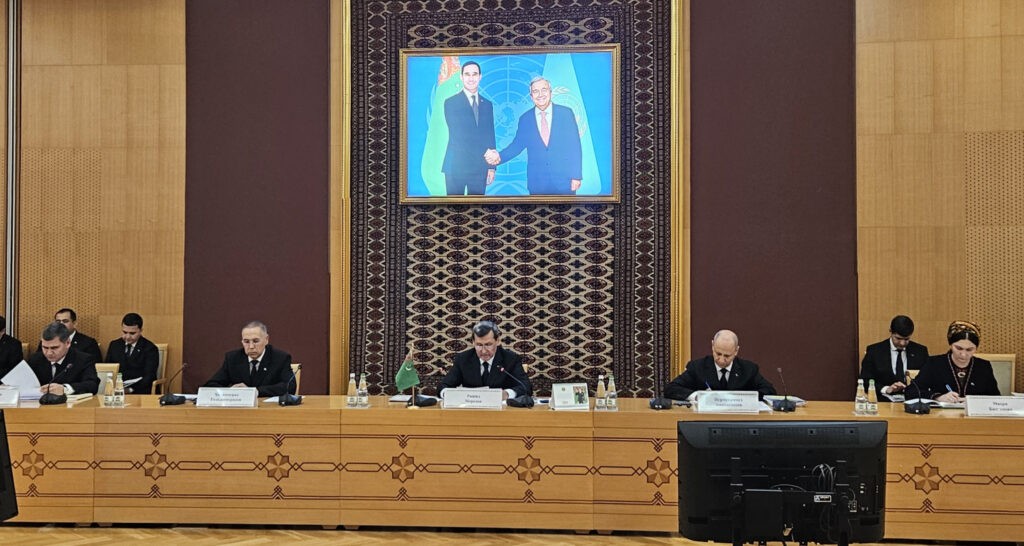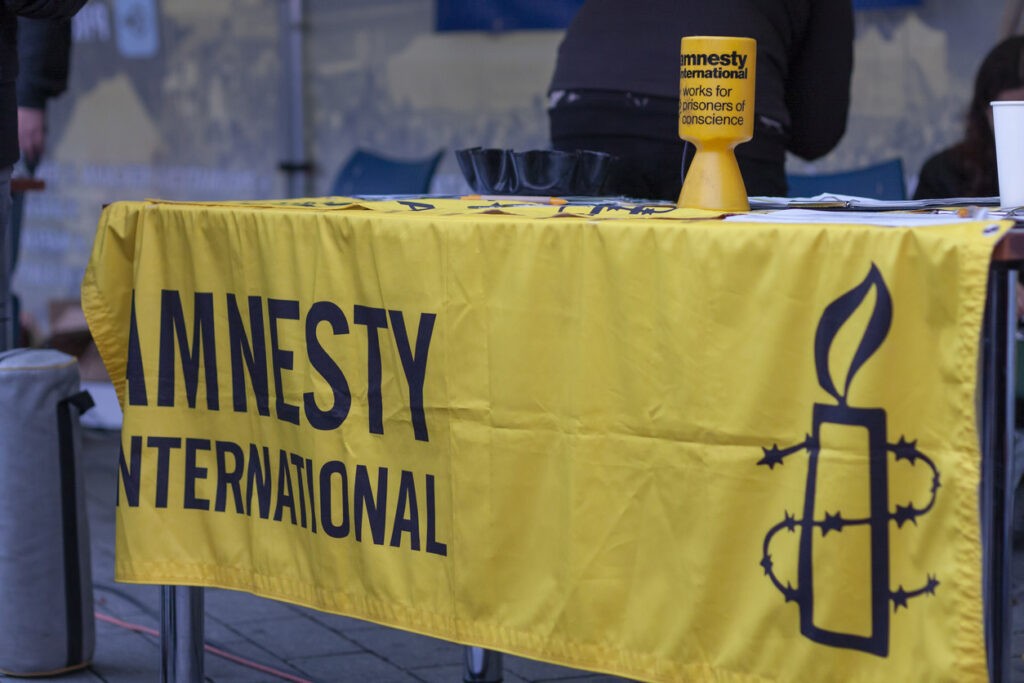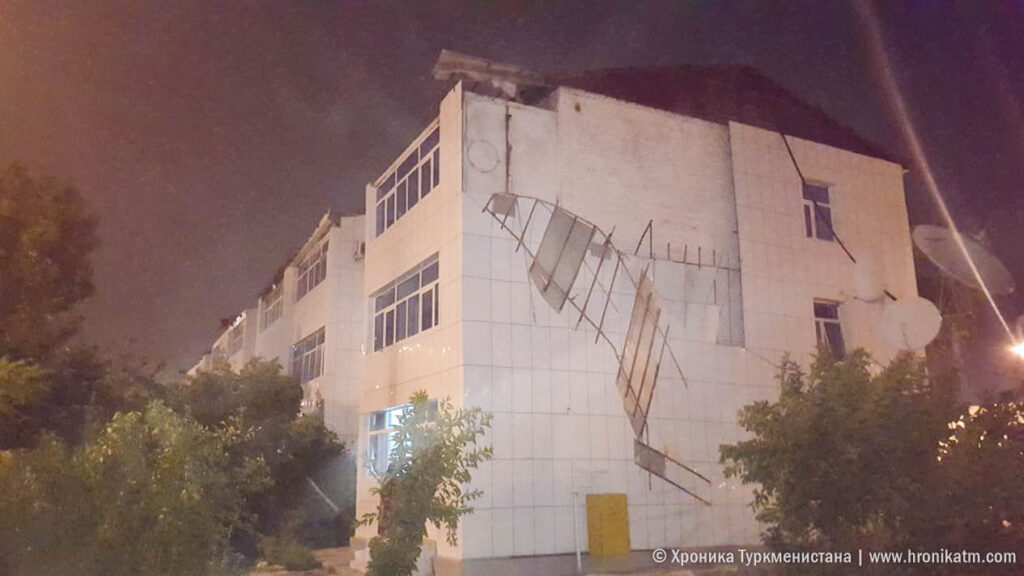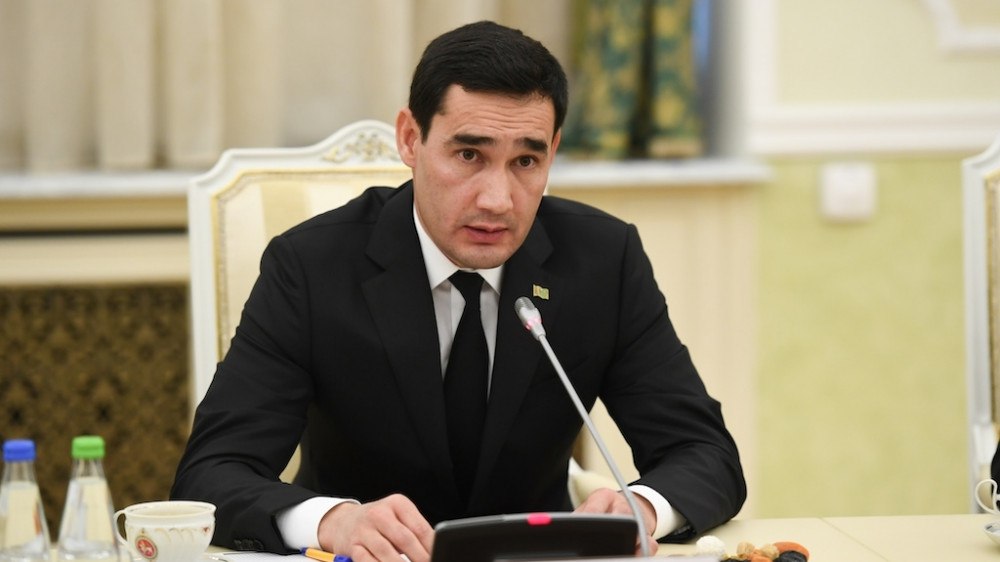Outcome of First Turkmenistan- UN Strategic Advisory Council Meeting
On May 3, the Ministry of Foreign Affairs of Turkmenistan hosted the first meeting of the Turkmenistan-UN Strategic Advisory Council. In addition to its approval of a Roadmap for the development of a new Framework Program for Cooperation in the Field of Sustainable Development between Turkmenistan and the UN for 2026-2030, the council discussed projects concerning youth policy, digitalization, demography, green energy, and climate change. Following the meeting, delegates signed official agreements on several projects. The Ministry of Environmental Protection of Turkmenistan and the Food and Agriculture Organization of the United Nations (UN FAO) pledged their commitment to ‘Enhancing capacities for climate-resilient water management’; the Ministry of Agriculture of Turkmenistan and UN FAO, on ‘Developing digital solutions for sustainable pasture management’; and the Ministry of Finance and Economy of Turkmenistan and UN FAO, on ‘Development of the aquafeed value chain and aquatic animal health management capacity’. The Government of Turkmenistan and the UN Development Program also signed an agreement on the procurement of products for the control of infectious diseases in 2024-2025 for the Ministry of Health and Medical Industry of Turkmenistan.






